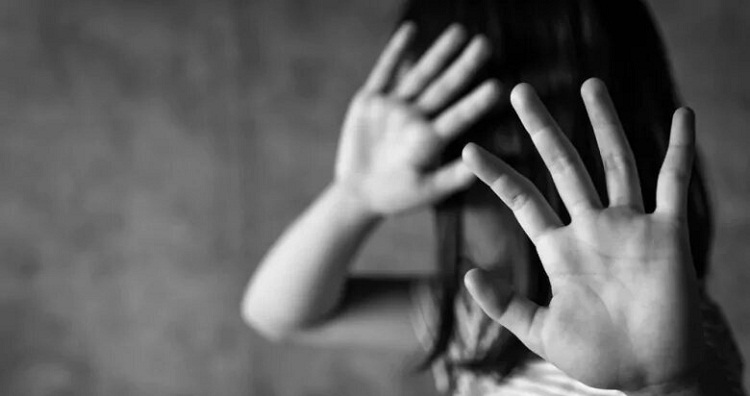CoE report: Despite Georgia’s progress in fighting human trafficking, provision of justice, victim identification must be improved

The Council of Europe’s (СoE) anti-human trafficking monitoring body acknowledged Georgia's progress and provided recommendations for improvement. Photo: cbc.ca.
The Council of Europe’s (СoE) anti-human trafficking monitoring body (GRETA) has released its third evaluation report on Georgia today, which acknowledged the country’s efforts in fighting human trafficking and identified areas for improvement.
The new report focuses primarily on trafficking victims’ access to justice, compensation, and rehabilitation as well as punishment for the perpetrators of the trafficking.
Since the previous 2016 report on the implementation of the Convention on Action against Trafficking in Human Beings, GRETA specifically noted Georgia’s progress in the following areas:
- Amendments made to the Criminal Code of Georgia which ensure the proper qualification of human trafficking offenses
- Increase in the number of special mobile groups set up to carry out the preliminary identification of victims of trafficking from 3 to 4
- Increase in the number of labor inspectors specially trained to identify cases of human trafficking and forced labor
- Provision of free legal aid during criminal proceedings by specifically trained lawyers to the victims of trafficking
- Introduction of legal provision on non-punishment of victims of trafficking for offenses they were compelled to commit
- Expansion of victim and witness coordinator services
The report states that Georgia is primarily “a country of origin, rather than country of transit or destination of human trafficking”. It also notes that out of 66 trafficking victims identified between 2015-2019, the majority were Georgian women trafficked for sexual exploitation:
Until 2018, the majority of the victims were women (25), including 13 foreign women (11 from Uzbekistan, trafficked for the purpose of sexual exploitation, and two from Ukraine, trafficked for the purpose of labor exploitation)”, the report details.
However, in 2019, all victims were Georgian children aged 8-18 trafficked for the purpose of production of child pornography as well as the exploitation of begging:
The number of child victims during the reporting period, which was five until the end of 2018, increased considerably in 2019, with the identification by law enforcement agencies of two boys and four girls as victims of trafficking for the purpose of exploitation of begging, and 23 girls (aged from eight to 18 years) trafficked for the purpose of making child sexual abuse images”, GRETA estimates.
GRETA’s report has also provided some recommendations for areas in which Georgia can step up its efforts in combating human trafficking:
- To ensure effective protection of witnesses and victims of trafficking from potential retaliation or intimidation
- To provide access to legal aid to the potential victims of human trafficking, regardless of their cooperation with authorities
- To guarantee victims’ access to compensation by making use of “freezing and forfeiture of offenders’ assets to secure compensation to victims of trafficking”
- To prevent human trafficking cases from reoccurring due to lighter penalties, especially in cases of trafficking for the purpose of labor exploitation
- To take further steps in identifying victims of trafficking, including amongst foreign workers, asylum seekers and persons in immigration detention centers
- To pay increased attention to the link between information and communication technologies and child trafficking
- To ensure that all victims of trafficking are offered a recovery and reflection period
- To facilitate victims; rehabilitation and reintegration into society by providing access to work, vocational training and education
Georgia is categorized as a Tier 1 country in the annual Trafficking in Persons (TIP) report released in 2020 by the U.S State Department’s Office to Monitor and Combat Trafficking in Persons. This means that the country’s authorities are able to fully comply with the standards of the Trafficking Victims Protection Act (TVPA) of 2000.
 Tweet
Tweet  Share
Share